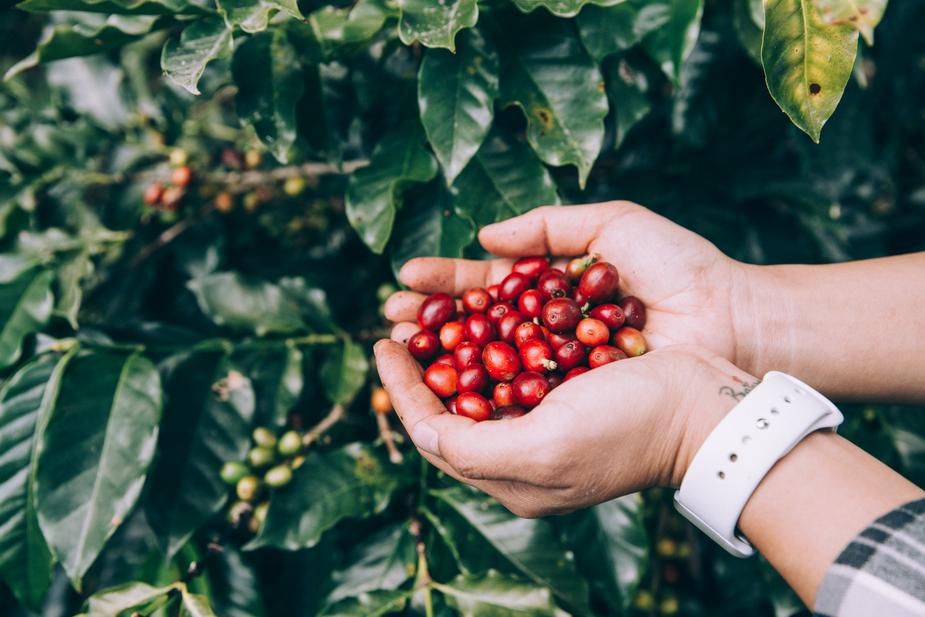In the most recent annual forecast for 2020/21, the International Coffee Organization estimates over 10.5 million tons of coffee beans will be produced worldwide. A small proportion of these coffee beans will be grown and harvested adhering to fair trade standards. This coffee is known as fair trade coffee. When you go to purchase coffee […]
Read More… from What is Fair Trade Coffee & How it Differs From Direct Trade?

